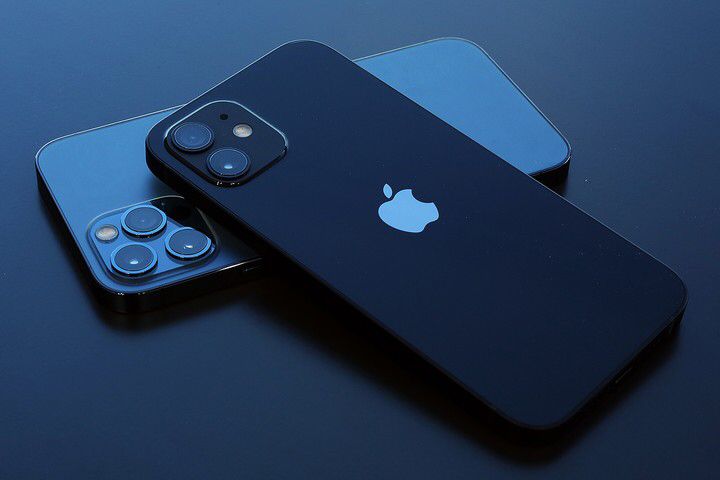Recording phone calls and conversations can be useful for a variety of reasons, such as capturing important information or keeping a record of a conversation. While there are many apps and tools available for recording calls on Android devices, it can be a bit more complicated on an iPhone due to Apple’s strict privacy policies. However, it is still possible to record calls on an iPhone, and in this article, we will discuss several methods that you can use to do so.

How to Record Phone Calls and Conversations on iPhone like a Pro?
Method 1: Using the Built-in Call Recording Feature in iOS 14
If you have an iPhone running iOS 14 or later, you can use the built-in call recording feature to record calls. However, this feature is not available in all countries due to legal restrictions, so make sure to check if it is allowed in your region before using it.
To use the built-in call recording feature, follow these steps:
- Open the Settings app on your iPhone and go to Control Center.
- Tap Customize Controls and find the option for “Screen Recording”. Tap the green plus button next to it to add it to your Control Center.
- To record a call, answer the call and tap the Screen Recording icon in the Control Center. The recording will start immediately.
- After the call is over, stop the recording by tapping the Screen Recording icon again.
- The recorded file will be saved in the Photos app on your iPhone.
Method 2: Using a Third-Party Call Recording App
If the built-in call recording feature is not available in your region or you prefer to use a third-party app, there are several call recording apps available on the App Store that you can use. Here are some of the most popular ones:
- TapeACall: This is one of the most popular call recording apps on the App Store. It allows you to record incoming and outgoing calls, and you can save the recordings to the cloud or share them via email, text message, or social media. The app requires a subscription to use, which starts at $10 per month.
- Call Recorder: This app also allows you to record both incoming and outgoing calls, and you can save the recordings to your device or share them via email, Dropbox, or Google Drive. The app offers a free trial, after which you need to pay $8 per month to use it.
- Rev Call Recorder: This app offers a free trial that allows you to record 20 minutes of calls per month. After the trial, you need to pay $10 per month to continue using the app. The app allows you to record both incoming and outgoing calls, and you can save the recordings to the cloud or share them via email or text message.
Method 3: Using a Recording Device
If you don’t want to use an app or the built-in call recording feature, you can also use a recording device to record calls on your iPhone. To do this, you need to connect the recording device to your iPhone and then make the call using the device.
One popular recording device for iPhones is the RecorderGear PR200 Bluetooth Cell Phone Call Recording Device. This device connects to your iPhone via Bluetooth and allows you to record calls directly to the device’s memory card. The device also has a built-in speaker, so you can listen to your recordings without needing to transfer them to your computer.
Recording phone calls and conversations can be useful in many situations, but it’s important to make sure you’re not violating any laws or infringing on anyone’s privacy rights. Always inform the other party before recording a call, and make sure to check the legal

